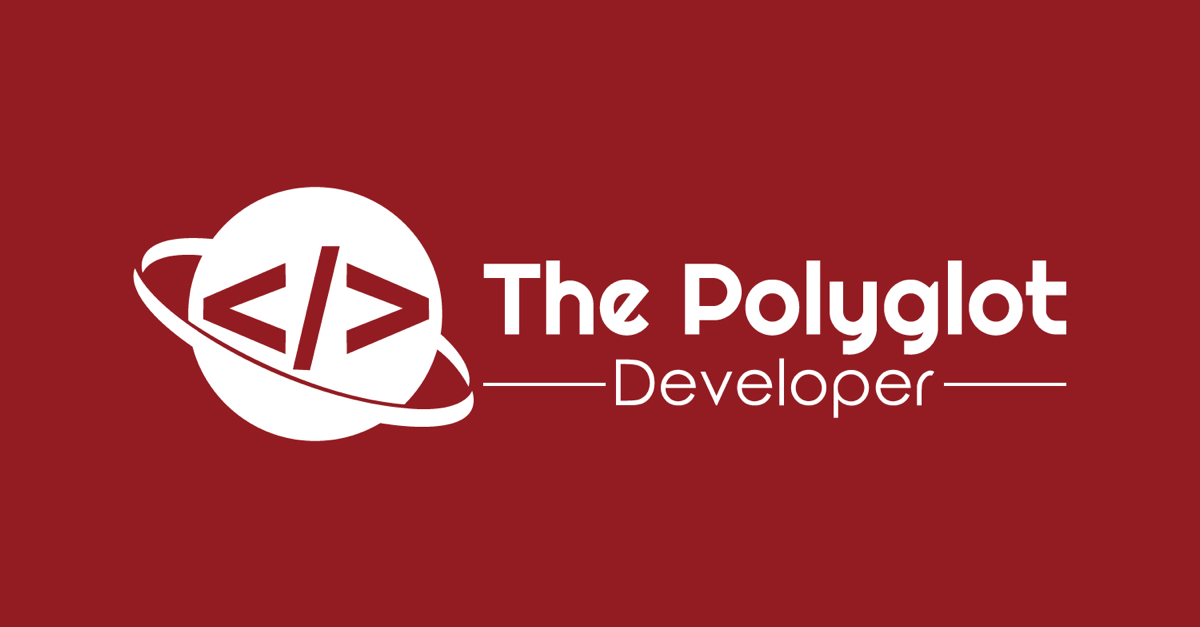|
|
Source. I didn't have any original graphics for this post so I found some awesome stuff on the internet. |
A few days ago I did an
career panel for the ECE student association. The organizer provided some generic and student-asked questions in advance. Since writing one's thoughts is a great way to prepare for live Q&A (take that down), I did just that.
Internships and hiring
What are you looking for in an intern?
Some companies use interns for cheap labor - that isn't us. Other companies' intern programs are basically summer camp to attract promising candidates early - that isn't us either.
We give interns projects that we can't dedicate FTEs to, primarily projects that are too speculative. For us, internships are an opportunity to try new ideas or see how newer technologies could impact our work.
So we look for
candidates that can implement a hypothetical solution in a few months, understanding the domain and technologies required to accomplish their task. Beyond that, we want the code and documentation to be useful six or twelve months later when someone has bandwidth to adopt it.
We interview interns before projects are selected, so at interview time we are simply looking for someone who can write code (rather than having specific technologies in mind).
How do I get an interview?
Like most large companies,
the entire hiring process is managed through our careers site. So start by creating a candidate profile.
You can apply to specific job reqs from the website, though as you may know from other candidate portals, this doesn't guarantee an interview. There are a few additional methods to improve your chances of getting an interview:
- Headhunters/recruiters reach out by email and LinkedIn and will typically get you in the interview pipeline.
- Most hiring portals lets employees put in recommendations, though it's not a guaranteed interview.
- I'm not sure how prevalent this is, but my group sometimes sponsors technical and diversity conferences. The hundreds of resumes from these events will get passed out to interviewers to thumbs up/thumbs down for a phone interview. The key here is that the resume is first seen by a technical person rather than a headhunter or recruiter.
- A successful internship will often result in an offer for a full time position.
|
|
Source. I wasn't sure if this was real or a parody, so I dug deeper. Results posted below. |
Do you have any advice on resumes?
In most cases your resume will be read by (in this order):
- Software
- Non-technical people
- Technical people
I'm the last of the three and don't know much about 1 and 2.
In many cases, I don't see the resume until the interview is scheduled. In other cases (conferences), I see it first.
It's great if you're getting a postgraduate degree in a specific field or really know what you want to do in industry. It's also fine to take your core software knowledge and see what opportunities come. In the latter case,
it's good to have different resume flavors targeting different types of positions. Everything relevant should be on there, but you can provide expanded information for more relevant positions. E.g. if you're sending me your embedded C resume, I'd rather see more about your robotics project and less about your database project.
Your resume typically sets the boundaries for an interview. That is, if you say you're good at C++ and terrible at SQL, I'm going to ask you to write C++ (unless it's a DBA position). So
be sure that your resume signals to the interviewer what you think you should be interviewed on.
What are some things to be careful about in interviews?
The core of the interview process is the technical examination - coding questions, system design questions, take-home tests, etc. There's nothing to really be careful about here, just do your best.
The Q&A/behavioral portion of the interview is fairly insigificant unless you say something really bad, it's really all about passing the technical examination. In the case where two candidates have similar technical competency, we'll still lean toward a technical tiebreaker (experience in relevant technology, previous employers, etc.). The only thing that might break a very rare tie is genuine enthusiasm or an overall superior ability to communicate.
The most common issue I see in interviews that doesn't significantly impact my disposition (because, once again, technical question) is one of these:
- Undercommunicating. Saying so little about, for example, an item on your resume that I don't know if you worked on it at all.
- Overcommunicating. Having a canned spiel about your senior design project or machine learning internship that sounds well-practiced and completely inauthentic. It also ends with the life lessons so I don't have an opportunity to ask a follow-up about the technical aspects of the project.
The most important thing to keep in mind:
expect to have bad interviews. Sometimes you won't perform well. Other times the position is not right for you. And often you'll pull an interviewer who has a terrible, terrible interview question (that he thinks is the greatest).
On the inside
How did school prepare you for your role?
The curriculum was good, though you don't realize it immediately - the first few months of employment is a firehose of platforms and practices. It all matters though - complexity analysis, multiprocessing, data structures, algorithms, operating systems.
How has ChatGPT changed your work?
Well there was the amusing moment when the lawyers lost their minds, hearing that engineers had been using an external, cloud-hosted query tool as a Stack Overflow replacement.
In a larger sense,
LLMs can be quite useful for technical questions where you know Google results are going to be trash. Will they replace coders? Maybe the ones that write copy-pasted code soon, maybe everyone eventually. Except mission-critical systems.
How do you stay up to date?
Coworkers. Everybody has their pet interests and they're a great source for information and references to further troves of knowledge. Conferences and personal projects help too.
Back to that resume with clipart
That website with the resume was a huge compendium of printable document templates. It's kind of a good idea, but also who is downloading your chore chart template?

|
This text offers a pattern resume format for the place of a pc science scholar. It provides details about roles and abilities required for the talked about Finest pc science resume examples - you possibly can obtain simply - Profession Abstract- A element oriented and hardworking skilled with exceptional analytical, logical Jobs within the pc area is growing. Whether or not you're a pc operator or a software program engineer, customise your resume selecting one from these pc resumes. Finest computer science resume samples and examples - you possibly can obtain simply - Profession objective- To safe a place the place I can effectively contribute my abilities and Sample Mphil Thesis In Computer Science Sample mphil thesis in pc science 117th Road, East zip 10035 trailer addict the starvation video games catching hearth month of Sample assertion of objective for college students excited about MS and PhD in Computer Science & Engineering .
|
Wat.
Some posts from this site with similar content.
(and some select mainstream web). I haven't personally looked at them or checked them for quality, decency, or sanity. None of these links are promoted, sponsored, or affiliated with this site. For more information, see
.












